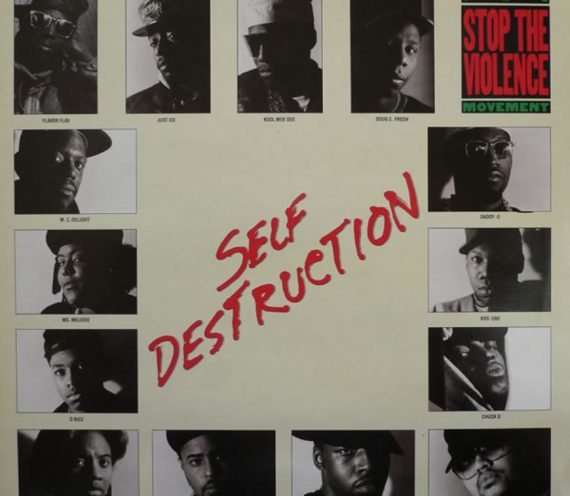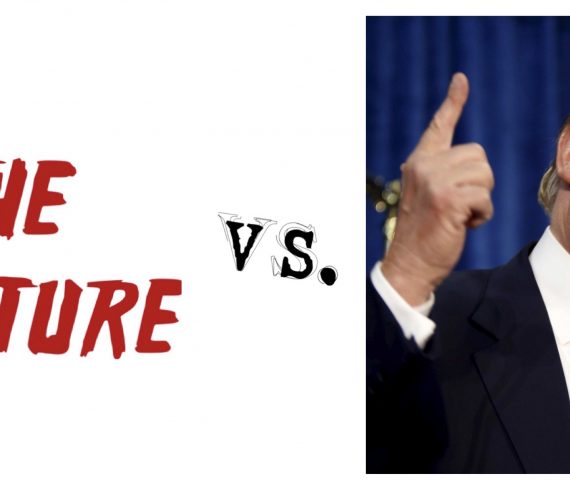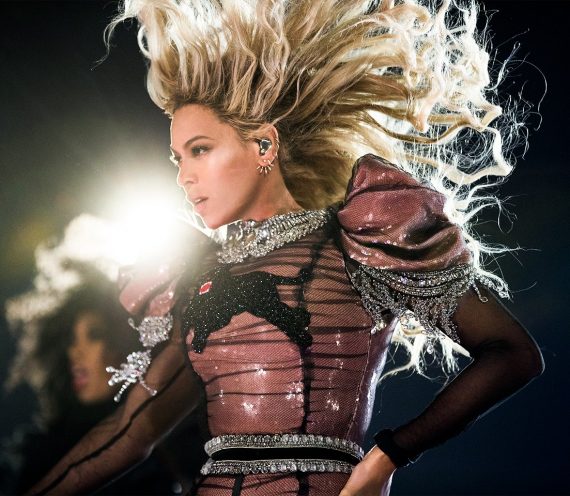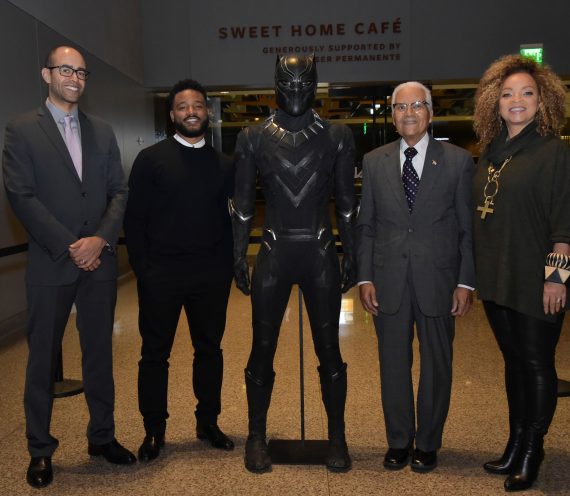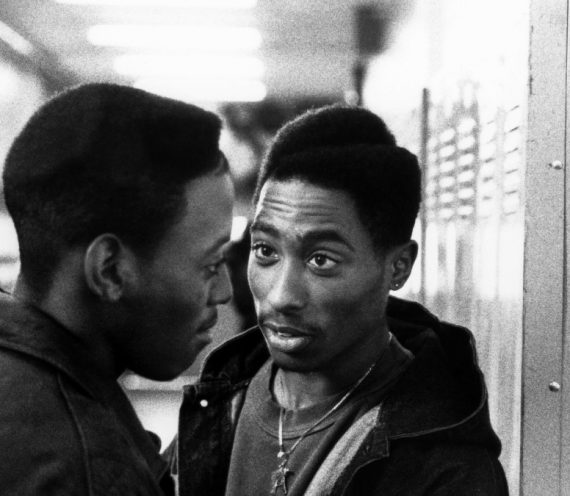Jordan Peele: The New King of Horror
Analyzing the Director’s First Three Horror Films
#RunTheCulture
Jordan Peele has cemented himself as a force to be reckoned with in the horror genre. Already delivering thought-provoking and spine-chilling films that go beyond traditional scares. His films “Get Out,” “Us,” and “Nope” form a trio that explores societal issues, human nature, and the shadows of the human psyche. Let’s take a deeper dive into these horror masterpieces to uncover the underlying themes and messages that make them standout works of cinema.
1. Get Out (2017)
“Get Out” marked Jordan Peele’s directorial debut and made a profound impact on the horror genre. The story follows Chris, an young black man who uncovers disturbing secrets during a weekend getaway with his white girlfriend’s family.
Themes:
- Racial Tensions: “Get Out” explores racial tensions, microaggressions, and cultural appropriation. Peele uses horror to depict the fears and anxieties experienced by African Americans in a predominantly white society.
- Identity and Control: The film delves into the theme of identity and control, showcasing how society can manipulate and control individuals based on their race, highlighting the loss of autonomy.
- Isolation and Entrapment: Chris’ sense of isolation and entrapment in a seemingly friendly environment exposes the darker side of racial dynamics and discrimination.
Techniques:
- Symbolism and Metaphor: Peele effectively uses symbols and metaphors throughout the film, such as the “sunken place,” representing marginalization and loss of identity.
- Tension-Building: The film’s pacing and tension-building are masterful, keeping the audience on the edge of their seats and maintaining suspense until the shocking conclusion.
2. Us (2019)
“Us” takes a terrifying look at the dark side of human nature and societal divides, presenting a family terrorized by doppelgängers.
Themes:
- Duality and Mirror Reflections: “Us” explores the duality within individuals and society. It touches on the idea that we all have a darker side or “shadow self.”
- Socioeconomic Disparities: The film sheds light on the socioeconomic divide, illustrating how marginalized communities are often left to fend for themselves.
- Familial Bonds: “Us” emphasizes the strength of familial bonds and the lengths one would go to protect their family, even if it means facing their own fears.
Techniques:
- Visual Symbolism: Peele uses visual symbolism, such as the recurring image of scissors, to represent division and duality within society.
- Ambiguous Ending: The film concludes with an ambiguous ending, inviting various interpretations and discussions among viewers.
3. Nope (2022)
“Nope” is Peele’s unique twist on an alien invasion. It features a family (The Haywood siblings) trying to capture evidence of extraterrorestrial life, survive the ordeal, and make some bank.
Themes:
- Man vs Beast: The major curveball of “Nope” is the treating of the alien as an animal/predator. A foe the main characters have to apply traditional laws of nature to overcome. This is juxtaposed with a side story of a chimp held in captivity that eventually lashes out on it’s human captors.
- Good ‘Ol Fashioned Capitalism: The film sheds light on the corrupting power money. Nearly every main character in the film willingly puts themselves in peril to rein in the alien for financial gain. It begins comedic but ends in horrific fashion for most.
- Hollywood Horror: Peele is no stranger to satirizing the entertainment industry. And in “Nope” he sheds a light on the marginalization of black people behind the scenes in Hollywood and the struggles of a former child star ‘s traumatic experience in the biz which leads to it’s own tragedy.
Techniques:
- Dueling Narratives: Peele runs two stories concurrently. The story of the Haywood family’s quest to get the money shot of the alien alongside flashbacks to a 90’s sitcom starring a child actor and his chimp best friend. Carnage engulfs both storylines.
- Adding More Than Horror: Peele’s deftly weaves together elements of science fiction, horror, and social satire. The dialogue is sharp, thought-provoking, and laced with a dark sense of humor that adds to the film’s unique atmosphere.
Jordan Peele’s trilogy, “Get Out,” “Us,” and “Nope,” are not only terrifying tales but also thought-provoking examinations of societal issues. Peele’s unique storytelling, attention to detail, and exploration of relevant themes have reinvigorated the horror genre, pushing boundaries and sparking critical discussions on race, identity, and culture. As we anticipate Peele’s future works, it’s clear he will continue to leave an indelible mark on the horror landscape.
#RunTheCulture
We hope you enjoyed this article about Jordan Peele the new king of horror. Check out more of our Spooky SZN content below:
- Black Horror Movie Directors
- The Story Behind Michael Jackson’s Thriller
- Candy Man & Tales From The Hood – CUlture Classics
Written by @TalentedMrFord





